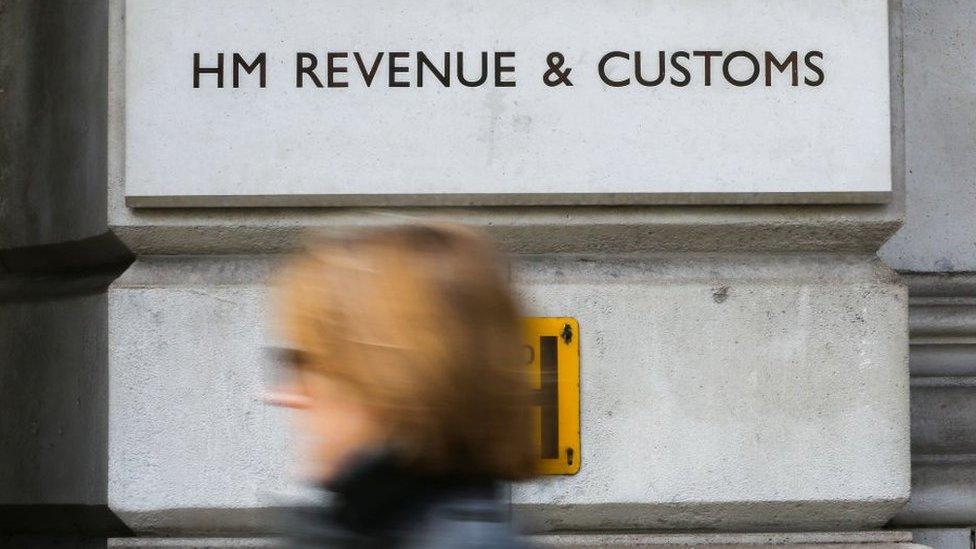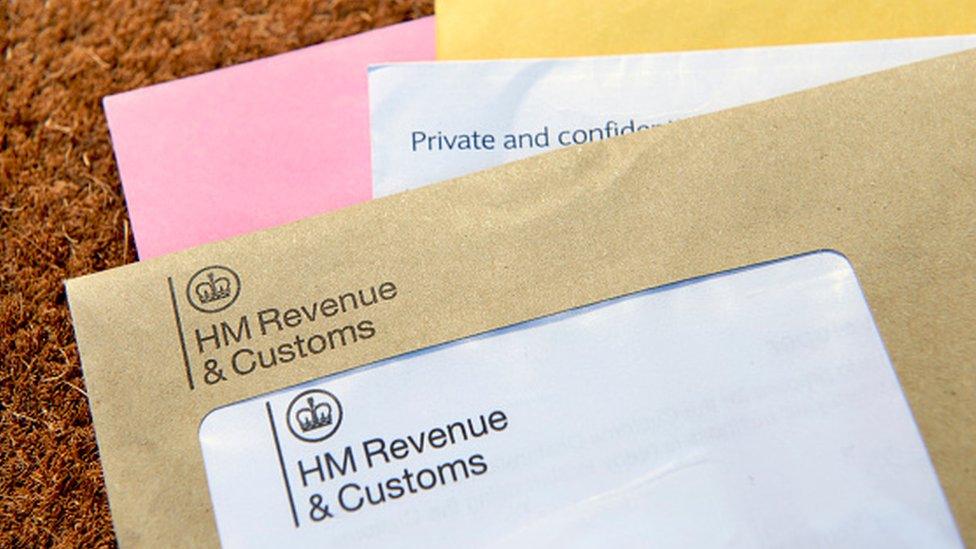Diabolical HMRC service hurts economy - accountants
- Published

Understaffing at HM Revenue & Customs is causing unacceptable delays and hindering economic activity, according to a leading accountants' group.
The Institute of Chartered Accountants of England and Wales (ICAEW) said securing basic tax details takes months and is causing delays for companies.
One accountant called the service "diabolical" and the institute wants an emergency taskforce drafted in.
HMRC said it was responding to most correspondence within 15 days.
It added that it was "successfully answering about 70,000 calls a day" and "our customer satisfaction is consistently around 80%".
But Alan Pearce, a partner at leading tax adviser Blick Rothenberg, said: "The level of service we are getting from HMRC is diabolical.
"The processing of information is too slow and that is holding up businesses being able to do their normal UK trade. It's unacceptable for taxpayers, companies, their agents and the economy as a whole."
Michael Izza, chief executive at the ICAEW, said: "We're calling on ministers to set up an emergency taskforce to identify steps to eliminate HMRC's backlog and improve its service standards, so that in the future it supports, not inhibits, business growth and maximises the tax receipts needed to fund public services."
HMRC acknowledged there were problems, some of which derived from what it described as "a significant attack from VAT registration fraudsters" in July 2022.
This led to new security measures that meant "some genuine customers were caught in the new processes".
But HMRC said that it had collected a record £731bn in tax last year.
According to a Public Accounts Committee report, external, HMRC has reduced customer-facing staff from 25,500 to 19,500 over the past five years as it "moved more customers to digital systems".
Mr Pearce said "they have cut the numbers within HMRC quite drastically in the hope that the implementation of digitalisation would mean they would need fewer staff but the benefits of that have not materialised".
The Public Accounts Committee said it had raised concerns with the tax office that reducing staff was premature and that they were cuts, not efficiency savings.
HMRC told MPs that the Covid pandemic had caused a backlog. It said it saw "further digital improvements as key to moving customers away from phone and post and making further efficiencies".
Related topics
- Published19 January 2023

- Published17 January 2023
